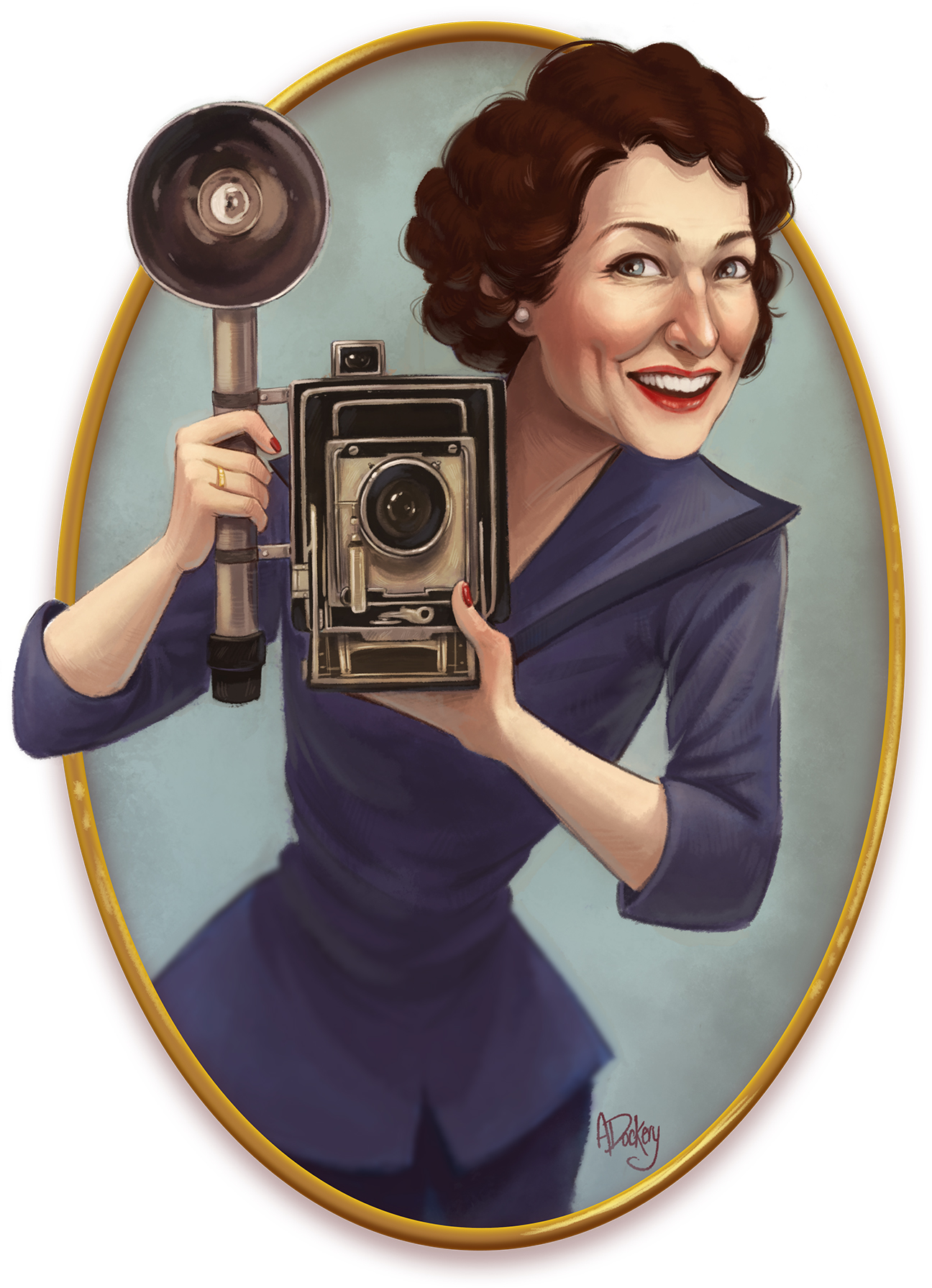1930s | Bernadette Woodlief Hoyle

Acclaimed biographer brought early Campbell history to life
Described as one of North Carolina’s top-flight newspaper-women and press photographers, Bernadette Hoyle penned the biography of J.A. Campbell that has kept his and the school’s history alive for future generations. A central figure in the literary life of North Carolina, she was an award-winning author, photographer, publicist and journalist.
Hoyle was widely respected by the working press of North Carolina for her knack for interviewing and reporting skills. She was equally at home at a wreck, a murder trial, a hurricane or a wedding. She covered events of national importance, ranging from presidential campaigns to the “Miss America” pageant, and interviewed numerous celebrities, including Margaret Truman, Eleanor Roosevelt and Ava Gardner. Hoyle was a member of the North Carolina Press Women, the Carolinas Press Photographers Association, the North Carolina Writers Conference and the Smithfield Women’s Club.
 Far from being placed the “stuffy research” genre, her writing style brought men and women to life. Some of Hoyle’s best friends were also writers, and she introduced thirty-five of them with her words and her camera in her 1956 book, “Tar Heel Writers I Know.” As a biographer, Hoyle was never content to just set down facts. She let her subjects talk freely and caught their personalities in her work.
Far from being placed the “stuffy research” genre, her writing style brought men and women to life. Some of Hoyle’s best friends were also writers, and she introduced thirty-five of them with her words and her camera in her 1956 book, “Tar Heel Writers I Know.” As a biographer, Hoyle was never content to just set down facts. She let her subjects talk freely and caught their personalities in her work.
Hoyle recorded details of Campbell University’s founding family that are still recalled today. Cornelia Campbell once told Hoyle that her husband had a playful spirit and “the saving grace of good humor.” The statue of J.A. Campbell in front of Kivett Hall takes on a new personality when students read that once in a blue moon, Campbell would shave his mustache “just to see what people would say … for he’d worn it so long that he looked strange without it.” Thanks to Hoyle, we know that when J.A. Campbell sat in shock after the campus burned to the ground in 1900, Z.T. Kivett encouraged him to persevere and rebuild.
Hoyle was called “a remarkable woman ahead of her time.” She served as director of public information for the State Board of Public Welfare and later for the North Carolina Council on Developmental Disabilities. She also served as writer for the North Carolina Democratic Party Executive Committee. There was no greater fan and supporter of North Carolina’s writers, whether published or aspiring.
